ELISHEBA BLOGLaura, Ivonne, and Rick
write about their lives in the Eucharist. |
|
“Tell us a bit about yourself.” That moment when a group meets for the first time and they ask everyone this question always gives me pause. Often, whoever answers first creates a pattern the rest of the group follows. Sometimes, they will say their name and where they come from. Other times, they will say their name, what they do for a living, and perhaps why they came to this particular meeting. How we answer that question can give us some insight, not only on how well we know ourselves, but on how secure we feel in our identity. Do we answer with a list of things we do, or do we talk about who we are? Does the answer depend on who is asking? Does it change depending on where we are?
Jesus first asks the disciples to tell Him what others say about Him, for He knows that is what our minds first look for. What is the people’s opinion, and where do we fall within that. But then He asks them as individuals. He asks them to step out of the crowd and seek the answer within their own hearts. “But who do you say that I am?” (Matthew 16:15) Do we know Jesus? Jesus, the Second Person of the Trinity, the Son of the Living God, the Messiah, the Bread of Life… Do we know Him? Or do we mainly know about Him? In other words, have we had a personal encounter with Jesus, or do we mainly know what others say about Him? Which is better? I’d like to propose that they are both good, yet one is definitely more important, as it is the goal of our existence. We are made to be in relationship with God. To encounter Him is to know Him. When we hear about Jesus, we will be moved to seek Him; we will thirst to meet Him. When we have an encounter with Jesus, we will be moved to learn everything we can about Him. Can a finite creature ever learn everything about infinite Love? The mind-blowing part of this love equation is that, though we will never know everything about God, He definitely knows everything about each one of us. He knows especially well the parts that are hidden even to our own selves. And, knowing everything about us, the good and the bad, He loves us. INFINITE LOVE loves me. This is who I am. Do I know this? Do I believe it? Do I receive it? What do we know of the story of the Samaritan Woman (John 4:4-42)? We know the woman at the well had an encounter with Jesus that transformed not only her life, but the lives of those around her. “Come see a man who told me everything I have done. Could he possibly be the Messiah?” (v.29). When we read between the lines, we realize that it is not just that He knew all she had done that changed her; the devil could do that too. But it was the experience of being fully known and fully loved that transformed her heart.
When she realized who was speaking to her, who was taking time to pay attention to her, to love her, it was then that she realized her worth.
“Body of Christ” As we hear these words and look up at the tiny host, do we realize WHO is asking to come into our flesh and be united with us? “Blood of Christ” As we hear these words and look up at the chalice, do we realize WHO is thirsting for us? When we say Amen, we are assenting that this is indeed the Living God, the Resurrected Jesus, the One Who died for us. Realizing who is speaking to us, who is taking the time to pay attention to and love us… What does that say about who we are? What does it say about who we belong to? If we want to know our truest, deepest identity, we must first seek within our hearts the answer to his question, “But who do you say that I am?”
0 Comments
I looked out the airplane window and saw the most beautiful landscape below. Close to the Grand Canyon, shades of orange and brown edged the earth below. A sigh escaped my lips as the desert beckoned me from below. There is something very appealing about the desert… the vastness, the stillness, the quiet. My heart was quickly moved to praise God. A few minutes later, still looking down from the clouds, I could see a clear demarcation line between the wilderness and civilization. Suddenly there were houses upon houses, neighborhood after neighborhood. Why were they so packed together when there is so much land available? A muffled announcement came over the PA system; we were going to start our descent into Las Vegas. I removed my headphones so I could hear the flight attendant’s instructions, and immediately the noise in the cabin overwhelmed me. My noise-cancelling headphones had done their job. If there is one word I can use to describe my experience of Las Vegas, it is noise. From the moment we landed, my brain has been bombarded with sensory overload. Men found the most secluded place in the desert to create an oasis of noise. There is a difference between going to the desert and going to a deserted place. Las Vegas is in the desert, yet it is most definitely not deserted.
The disciples had just returned from their mission and were depleted. Jesus knew they needed to regain their strength. Mark’s comment on the fact that they had not had an opportunity to eat reminds me of the story of the prophet Elijah, when he was fleeing for his life, afraid of Jezebel:
Lent is coming soon, and it is coming right into the circumstances of our lives. It’s coming into the noise and the chaos of family life, of parish life, of work life. We will be invited to enter into the desert, into the wilderness, the place with vipers and dangers. It is the place where Jesus faced the tempter, and it is there He will face him, in us, again. But before we go to the desert, we are invited to rest in a deserted place, by ourselves. He is calling us to sit under our “solitary broom tree”. It is there where we come face to face with our weakness, our limits and our fears. It is there where we lay it all out and say, “Enough Lord!” The place where we finally come to accept that we can not do this on our own. In humility, in truth, we surrender all and rest. We leave the rest to God. And what does God do? He knows we need nourishment, so He gives Himself to us. In the Eucharist He feeds us, He strengthens us. He then sends us to the desert… not to rest, but to face the temptations in the wilderness. To walk forty days and forty nights with God. Emmanuel, God is with us. When He calls, we know we can trust and go. But, how can we hear Him calling, if our senses are overwhelmed with noise?
Noise-cancelling headphones work by creating opposite sound waves, by creating anti-noise. We can do this in our spiritual lives by constantly singing praise to God. This will cancel the noise of the anti-Christ and allow us to listen to the still small voice of God. We will be able to hear the “cry of the poor”, in the midst of all the noise. We will hear Jesus say to us, “Give them some food yourselves.” (Mark 6:37). So, let us make time each day to pray, to sing the psalms, to cancel all the noise. A very practical way to do this is to pray the Liturgy of the Hours. These prayers mark the day, pausing our activity to sing together in praise as Church, as the family of God. You can find the prayers of the day on this website: https://divineoffice.org
There is something lovely about new beginnings. In fact, many childhood tales end with the words: “And they lived happily ever after…” Like a newlywed couple driving out into the sunset with a string of cans tied to the tailpipe of their car, new beginnings bring us hope. There is still time to change; there is still time to grow. Perhaps the best is yet to come. The beginning of a new year is a natural transition that invites us to take stock of where we are and where we want to go. We can do this as individuals, families, communities, and as a family of God.
A symphony of prayer denotes that there are different movements and different parts. Each of our instruments, coming together as one, expressing the desire of God’s own heart.
Many voices are trying to get our attention, but God speaks in the silence of our hearts. This is why prayer begins with listening. It is God who begins. It is God who speaks. We must learn to recognize His voice.
His asking arises from God’s desire for us…
Wherever we find ourselves this new year, whether in the midst of suffering or great joy, let us remember to raise our hearts and minds to God. Let us ask for the grace to become better listeners, to listen to each other, as we sing a hymn of praise to God.
|
Categories
All
FOLLOW US ON SOCIAL MEDIA:
AuthorsWe are Ivonne J. Hernandez, Rick Hernandez and Laura Worhacz, Lay Associates of the Congregation of the Blessed Sacrament, and brothers and sisters in Christ. |
Copyright © 2024 Elisheba House Inc.
Elisheba House is a 501(c)(3) non-profit organization. Federal Tax ID Number 84-1894146
Florida registration for Solicitations of Contributions #CH71652
A COPY OF THE OFFICIAL REGISTRATION AND FINANCIAL INFORMATION MAY BE OBTAINED FROM THE DIVISION OF CONSUMER SERVICES BY CALLING TOLL-FREE (800-435-7352) WITHIN THE STATE. REGISTRATION DOES NOT IMPLY ENDORSEMENT, APPROVAL, OR RECOMMENDATION BY THE STATE.
Florida registration for Solicitations of Contributions #CH71652
A COPY OF THE OFFICIAL REGISTRATION AND FINANCIAL INFORMATION MAY BE OBTAINED FROM THE DIVISION OF CONSUMER SERVICES BY CALLING TOLL-FREE (800-435-7352) WITHIN THE STATE. REGISTRATION DOES NOT IMPLY ENDORSEMENT, APPROVAL, OR RECOMMENDATION BY THE STATE.
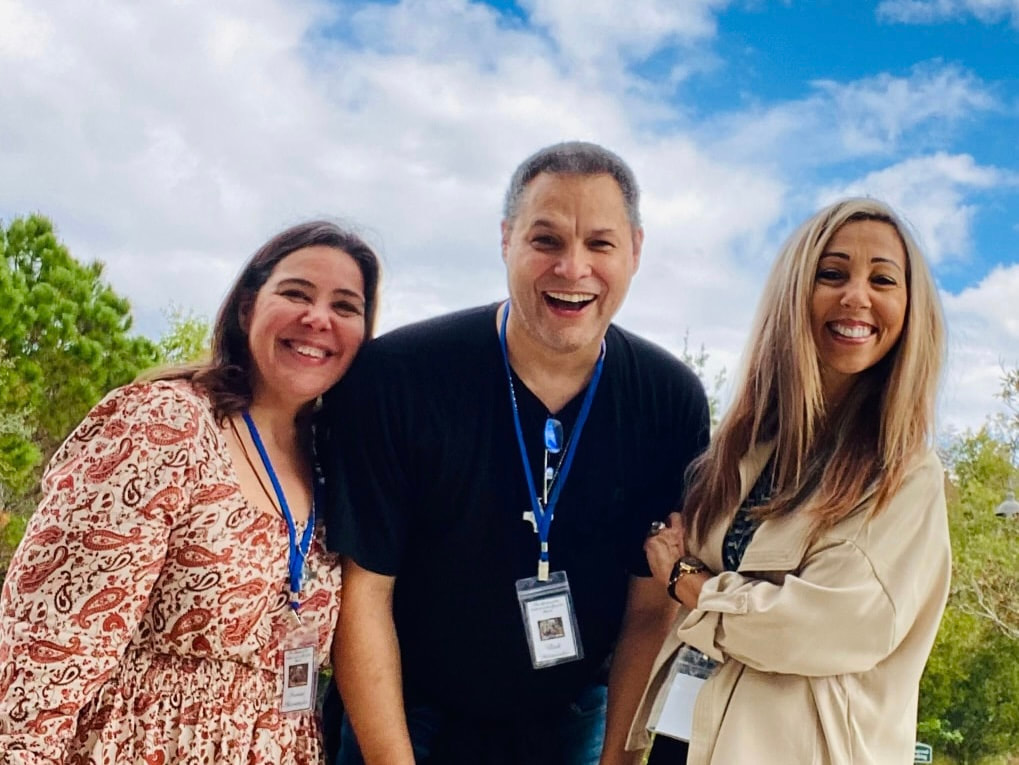

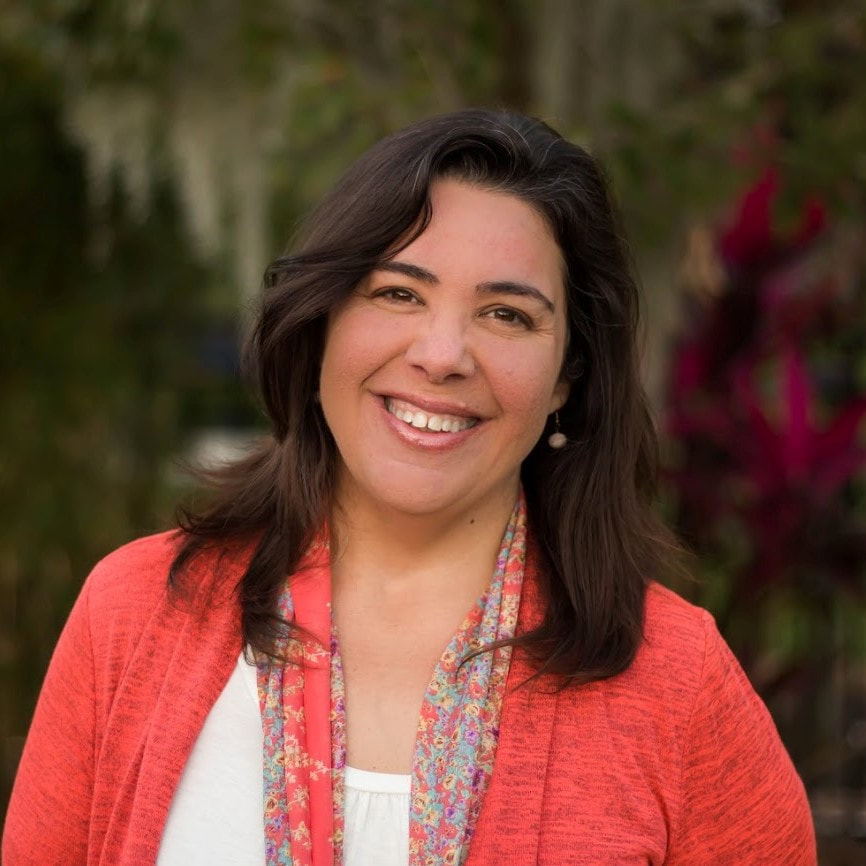
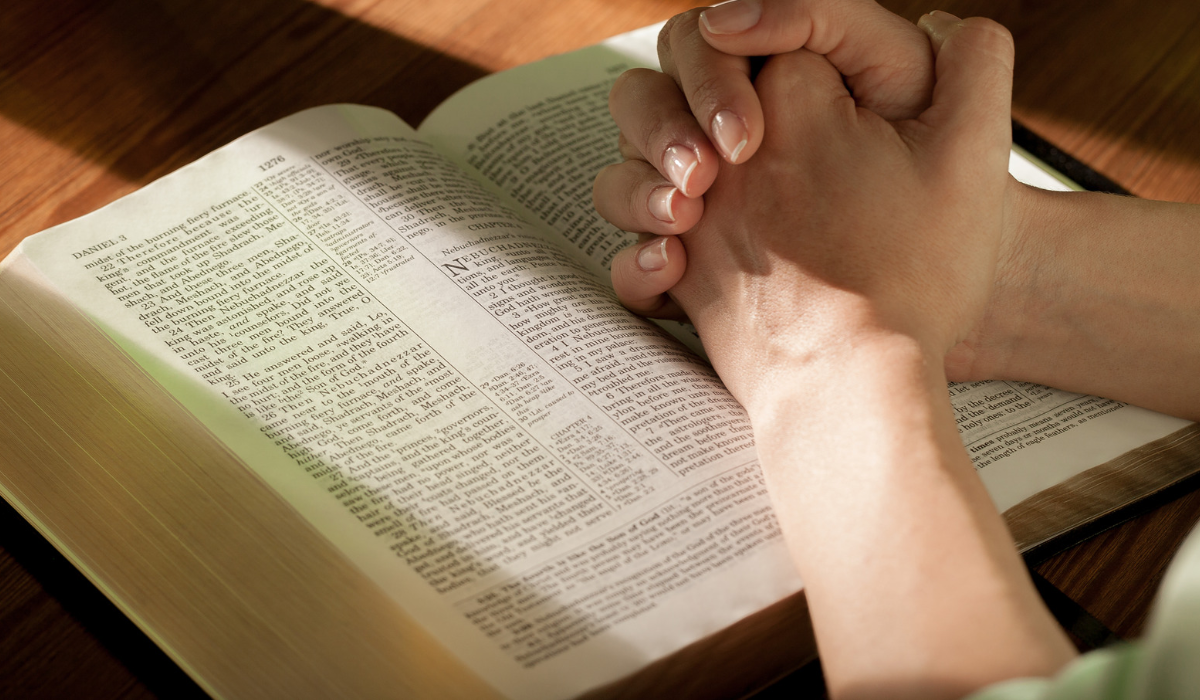
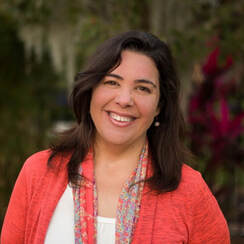

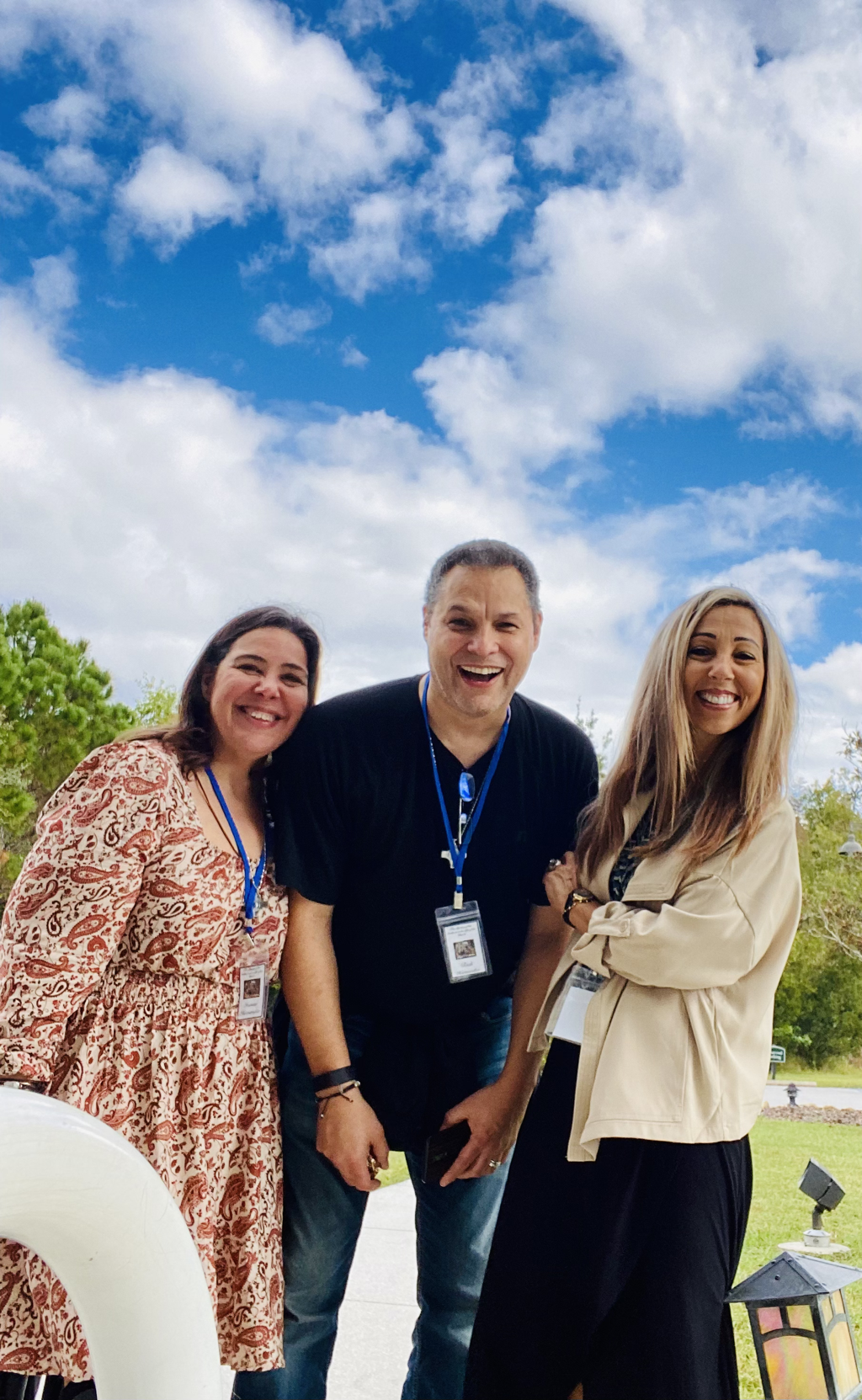

 RSS Feed
RSS Feed